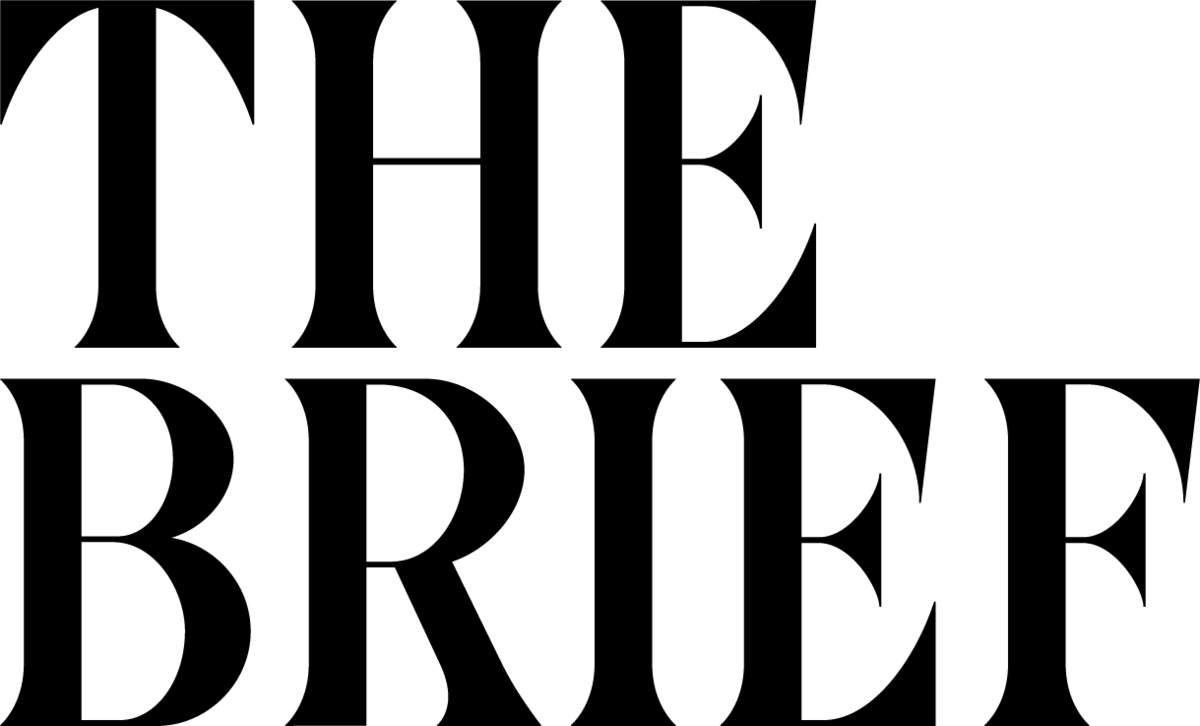
One of the most important parts of our jobs is to secure valuable media opportunities for our clients. But the work doesn’t end there. Another crucial part? Making sure the spokesperson knows how to properly handle an interview so it turns into valuable coverage.
This week we’re running through some cringeworthy 🥴 interview blunders and some of the most important ❗skills executives need to hone as an interviewee.
Have an idea for a topic, or are you an expert that would like to contribute? Reach out.
Read Time: 4 mins
If we told you that every interview we’ve ever hosted went off without a hitch, we’d be lying 🤥. While most of the briefings we sit in on are seamless, a select few still go off the rails 🚂.
Like that one time when a CEO verbally accosted and threatened the reporter during an interview. Or the time when the executive froze up on national television. Or the time when the reporter got on the line after exchanging a dozen emails with our team, only to act like we tricked him into meeting with our client.
Most C-suites don’t blow the interview that bad. They simply talk too much on background despite not being asked. Typically, they go off on a totally irrelevant tangent that has nothing to do with the question that was asked. But even these minor faux pas can result in a lost press opportunity and increase the likelihood that the journalist will never accept another call with you or your company.
It’s true that there’s only so much you can do to corral a - let’s say - passionate CEO.
But for most executives, it’s simply a matter of media training.
Some will need more than others, but the following tips should help your spokesperson master the art of the interview the next time they get on the phone with the press.
Remember, it’s an interview, not an infomercial: During an interview, it’s important to provide objective and helpful information to the reporter without being self-serving. This is not an opportunity to overtly promote your company and what it does. Answer the reporter's questions, and a good story will follow.
Nothing is off the record (OTR): Trust us on this one. Even if you clarify with the reporter that what you’re about to say is OTR, it’s not. If you don’t want to see it in print – don't say it.
No guessing: If you don’t know a piece of information or the answer to a question, say so. After the briefing, you can check the facts and follow up with the reporter over email, which is also a good way to maintain rapport. A good transition when this happens is, “You know, I don’t want to misspeak, so let me check on that for you, and I’ll follow up.”
Don’t fall prey to the pregnant pause: Don’t feel compelled to “fill the space” if the reporter pauses. In all likelihood, they are probably taking notes. If a pause starts to feel uncomfortable, you can ask, “Does that answer your question?” to put the pressure back on the reporter. But ultimately, it’s best to learn to love the silence.
Be an expert: Be thoughtful and intentional with your answers. There’s a reason they chose to speak to you, specifically. Come prepared with stats, facts, and data to help back up your point. If you need to mull something over, it’s okay to pause and think before answering.
Master the delivery: Be enthusiastic when speaking with reporters! Your energy sets the tone for the discussion. Reporters can hear it when you smile while talking. Do your best to speak slowly while still being outgoing.
Don’t leave the interview hanging: If the reporter asks if there’s anything else you would like to add at the end of the call, you can ask, “Did you get everything you would need for a story?” or “Do you anticipate publishing an article on this?” so they give feedback in real-time.
All things considered, most interviews will be straightforward and easy to navigate. But by mastering the above and doing your homework on the reporter and the publication ahead of time, you’ll be able to set yourself up for success during an interview and, in turn, drive ongoing quality coverage.

Like The Colab Brief?
